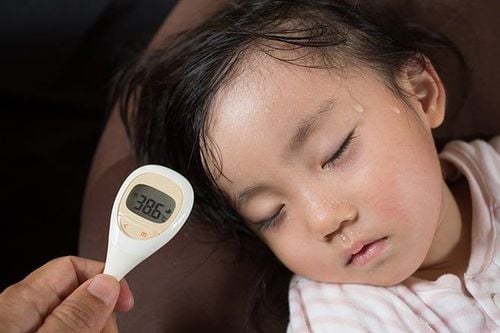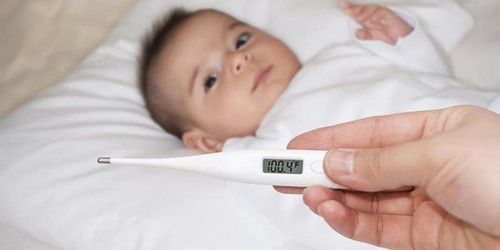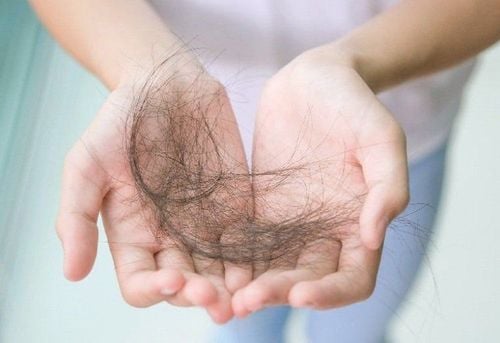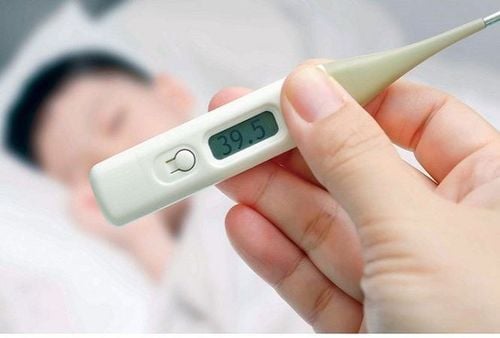There are several cases where patients experience a relapse with malaria after receiving treatment at medical facilities and being sent home. The causes of malaria relapse are often due to improper treatment that does not follow established guidelines.
1. Overview of Malaria
Anopheles mosquitoes carry a parasite that causes malaria, an infectious disease transmitted through the blood from an infected person to a healthy person. There are also secondary transmission routes, including blood transfusions and from mother to child via the placenta. The disease is endemic in certain areas and can become an epidemic.
Four species of malaria parasites cause illness in humans:
- Plasmodium falciparum
- Plasmodium vivax
- Plasmodium ovale
- Plasmodium malariae
In Vietnam, the two most common species are P. falciparum and P. vivax. P. falciparum is more prevalent in the mountainous and coastal areas of the South (from Phan Thiet southward), while P. vivax dominates in the plains and brackish coastal regions from Phan Thiet northward.
To answer the question, "Can malaria relapse?", doctors explain that improper and incomplete treatment will lead to relapse episodes of malaria. This causes many patients to misunderstand malaria as a chronic, difficult-to-cure disease.
2. Causes of Malaria Relapse

There are many different causes of malaria relapse, such as:
- Asexual malaria parasites in the red blood cells that remain from the previous infection continue to develop until they reach a threshold and cause relapse.
- Plasmodium falciparum and Plasmodium vivax cause early relapses of malaria, typically occurring 7-14 days after the previous episode. This type of relapse is known as a "rebound" relapse.
- Plasmodium falciparum causes relapses of malaria that can reappear after 3-6 months in people who have had immunity once.
- Plasmodium vivax and Plasmodium ovale can form hypnozoites (sleeping forms) in the liver, which may activate, develop, and release merozoites (immature forms of the parasite) into the bloodstream, leading to malaria relapse weeks or even up to 9-10 months later.
- In rare cases, Plasmodium malariae can cause relapse due to the activation and development of the latent asexual cycle in red blood cells.
3. People that often experience malaria relapse
Malaria relapse can occur in various patient groups, specifically:
- Patients with an early relapse of malaria caused by Plasmodium falciparum that is resistant to treatment. In these cases, the medication does not eliminate the asexual form (trophozoite) of the parasite in the patient's blood.
- Patients with a later relapse of malaria due to infection with Plasmodium vivax, but not treated with medication to eliminate the sleeping form (hypnozoite) in the liver, resulting in incomplete treatment.
- In people with a history of malaria infection, the relapse will depend on how long the parasite has been in the body. Relapses occur 1-2 years after a P. falciparum infection; 1.5-5 years after P. vivax or P. ovale infections; and 3-5 years after a P. malariae infection.
- Some cases of malaria relapse are more common in patients who had strenuous labor conditions during the primary malaria phase (the first six months of the disease).
4. Clinical Symptoms of Malaria Relapse

Typical clinical symptoms of malaria occur cyclically, starting from the onset, presenting as a fever with 3 phases:
Cold Phase:
The chill phase lasts from 15 minutes to about 1-2 hours, starting from the spine and spreading throughout the body. You might find yourself shaking and your teeth chattering, even if you're covered in a ton of blankets. Your lips could turn purple, and you might notice dark circles under your eyes along with goosebumps, a rapid pulse, a swollen spleen, and frequent urination.
Fever Phase:
After the chill phase subsides, the patient feels hot, throws off the blankets, and experiences redness in the face and eyes. The skin is dry and hot, and the patient may suffer from a headache, dizziness, and vomiting. The temperature may rise to 40-41°C, with a strong pulse, rapid breathing, mild pain in the liver and spleen, and dark, reduced urine output. The fever phase lasts approximately 2-4 hours or longer, depending on the severity of the disease.
Sweating Phase:
Body temperature decreases, and the patient sweats profusely on the forehead, face, or all over the body if the illness is severe. Headache and vomiting lessen, and the liver and spleen may shrink slightly. The patient feels relieved, with only thirst and drowsiness remaining.
For malaria relapse, the fever lasts an average of 2-4 hours, usually shorter than in the case of primary malaria infection. Not every patient shows all three stages of the fever as described above. After the fever subsides, the patient may return to normal activities until the next relapse occurs according to the cycle. Relapsing malaria tends to be shorter and milder in older adults who have a history of malaria and have lived in endemic areas for many years.
5. Differentiating Malaria Relapse from Other Common Diseases

Some other common infectious diseases also have similar symptoms to relapsing malaria, such as:
Sepsis
Bacteria enter the body through the skin, digestive system, or urinary tract, leading to severe toxicity. Symptoms include multiple episodes of chills throughout the day, but the fever doesn't follow the three distinct phases and temperature drops like malaria. Blood tests reveal an elevated white blood cell count, particularly neutrophils; a high erythrocyte sedimentation rate (ESR); and blood cultures show the presence of pathogenic bacteria.
Urinary Tract Infection (UTI)
The clinical symptoms typically include continuous fever, which may occur in episodes but without a clear cyclical pattern. This is accompanied by urinary symptoms, such as dysuria, and tenderness upon examination of the urinary organs. Urinalysis shows red blood cells, white blood cells, and granular casts, while an X-ray or ultrasound may reveal stones in the urinary tract.
Cholangitis (inflammation of the bile duct)
This condition usually presents with pain in the biliary tract, gallbladder, or liver, along with continuous fever and several episodes of chills throughout the day. The patient experiences severe toxicity and may develop jaundice (skin yellowing). Blood tests reveal elevated white blood cell count and ESR. Ultrasound may detect gallstones or thickening of the bile duct or gallbladder walls.
Liver Abscess
Patients may experience pain in the liver region, with palpation revealing an enlarged liver and positive liver percussion test* and positive Ludlow's sign*. Ultrasound can easily detect hypoechoic lesions (abscesses) in the liver.
*Liver percussion test: The patient lies supine, the physician's left hand is placed over the liver area, and the right hand gently taps the left hand. A positive test occurs when the patient experiences pain, which can be quite severe, commonly seen in liver abscesses.
*Ludlow's sign: Pressing a finger into the intercostal space in the liver region. In cases of liver abscess, patient will experience significant pain → Ludlow's sign (+)
To address malaria relapse, both the patient and the doctor must understand the causes of relapse and adhere to treatment principles. Patients should not discontinue treatment or take incorrect medication or insufficient doses. Doctors must strictly follow the prescribed treatment protocols and advise patients to cooperate with the treatment plan. It's important to be cautious, as malaria relapse can be easily misdiagnosed as other diseases, and vice versa, so vigilance is needed throughout the diagnosis and treatment process.













